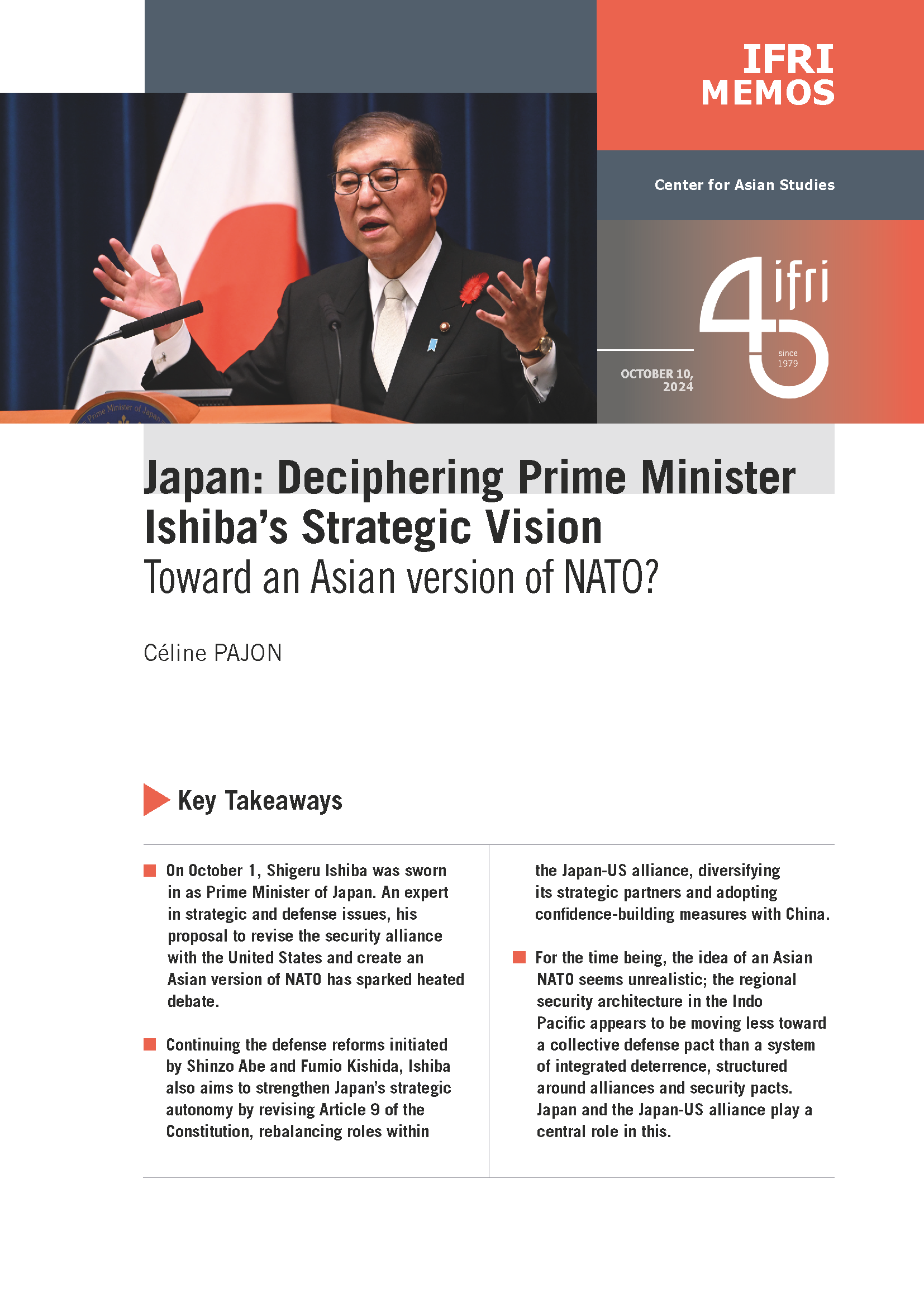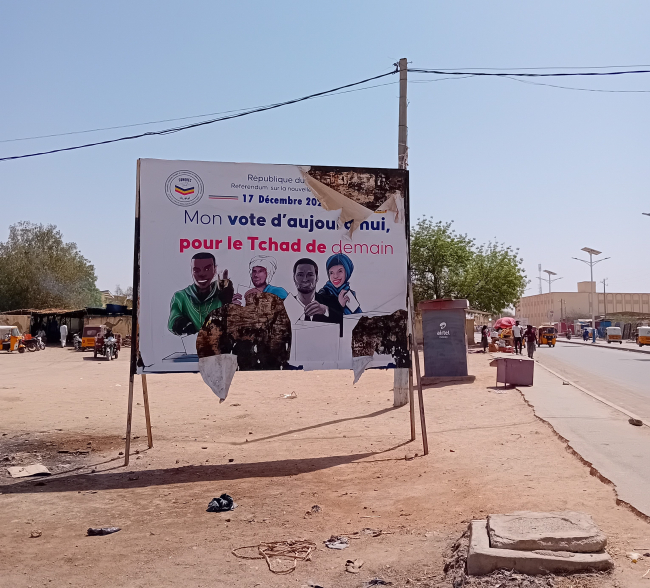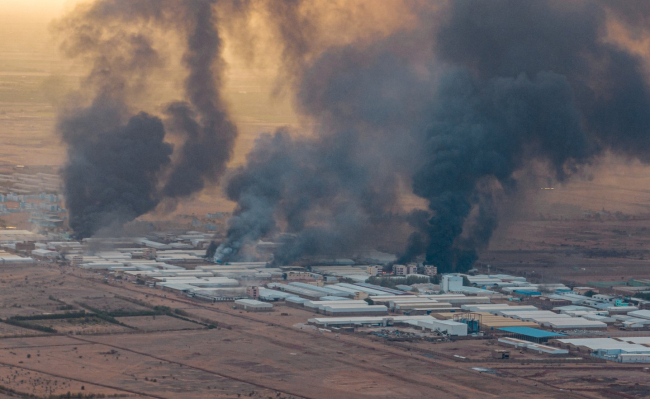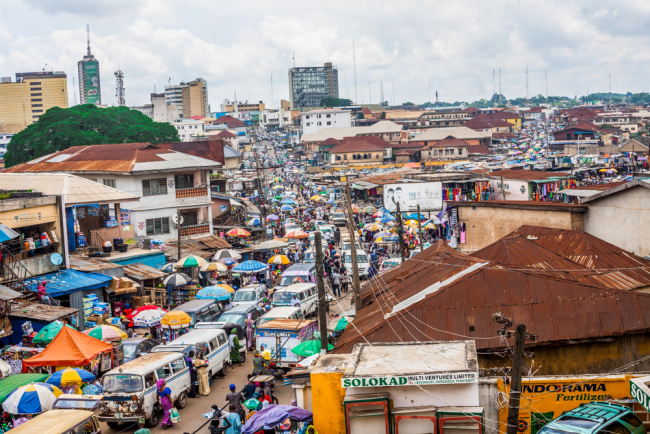The Resurgence of Conflict in Mozambique. Ghosts from the Past and Brakes to Peaceful Democracy
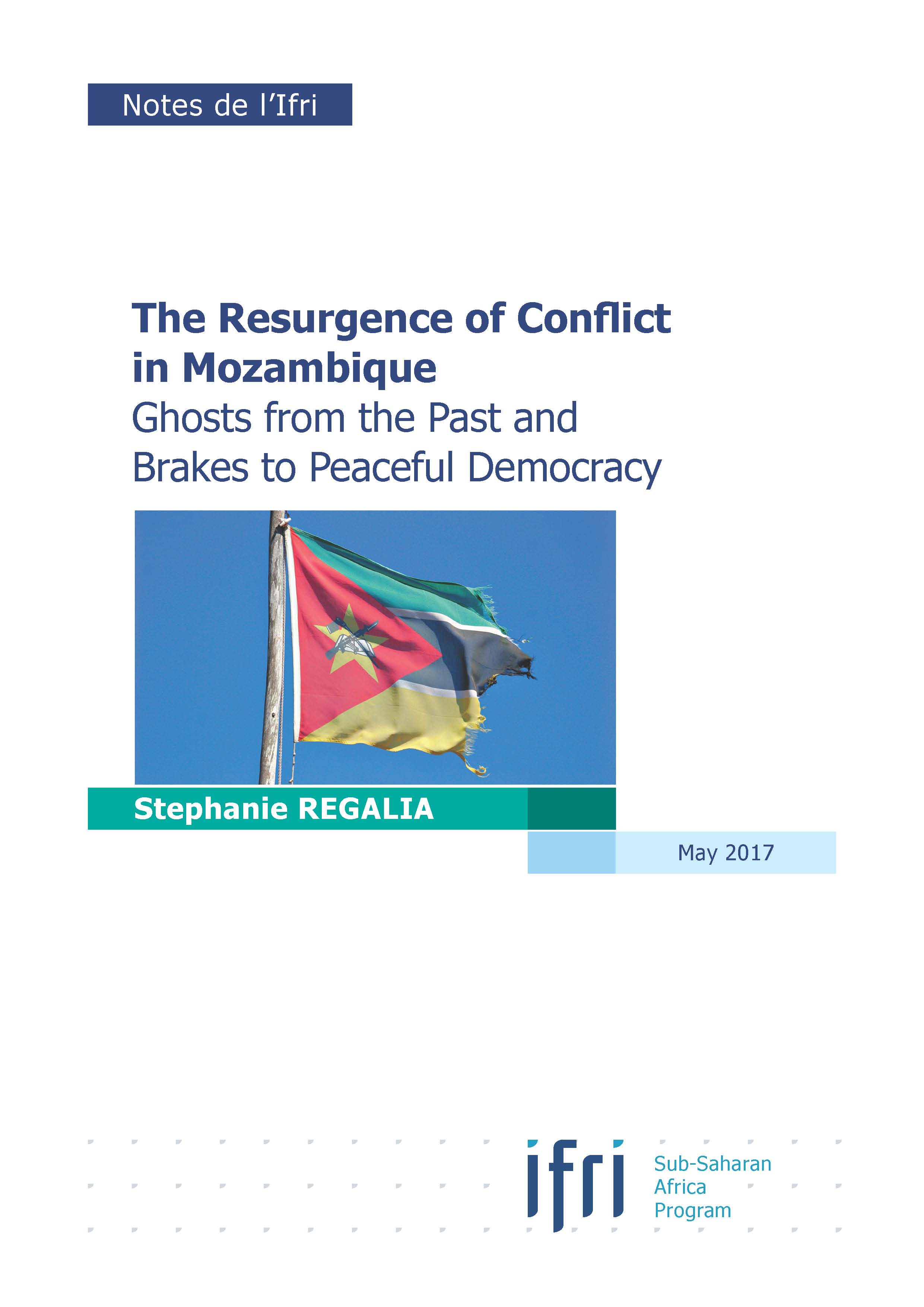
2016 proved to be a most challenging year for Mozambique. Small-scale conflict, which started reappearing between the government and the opposition party, the Mozambican National Resistance (Renamo), in 2013, intensified over the course of the year, whilst peace negotiations stalled.
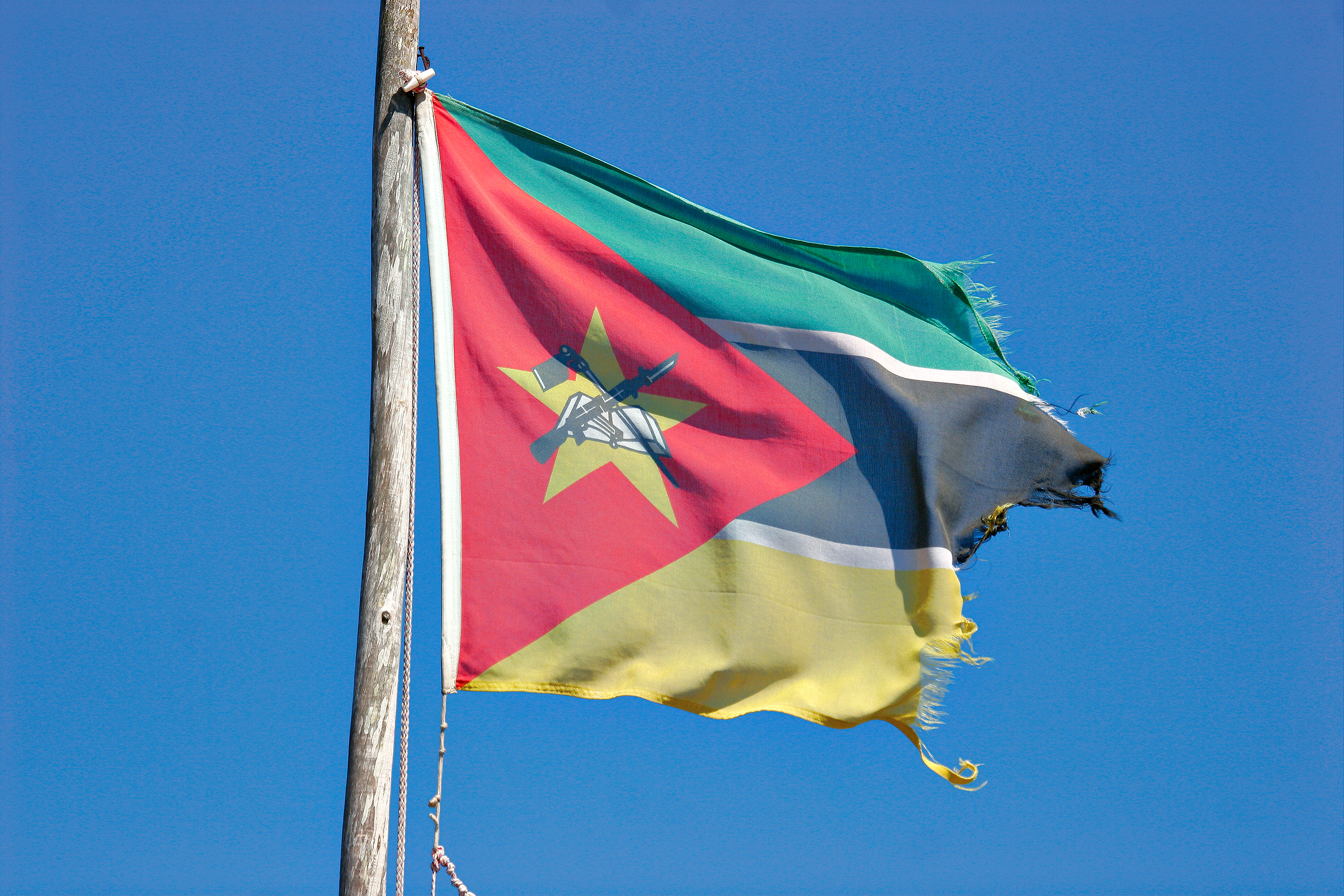
Secret loans guaranteed by the government and amounting to USD 1.4 billion were revealed, prompting international partners, including the International Monetary Fund (IMF) and the World Bank, to suspend their aid. To make matters worse, the country was plagued with droughts for the past two years, compromising agricultural production, and pushing it to seek food aid. However, on 27 December 2016, Afonso Dhlakama, leader of Renamo, declared a week-long ceasefire, which was extended for two months on 3 January 2017.
Since then, the opposition party and the government have agreed on a new format for peace talks, forgoing the use of international mediators, as had been done all throughout 2016, instead picking Mozambican representatives and engaging in direct communication. This ceasefire announcement could not have come at a more crucial time, as the Mozambican government is under scrutiny by international partners to clarify its hidden debt situation and audit the public companies which were involved, and as the government seeks to keep investors interested in the country’s offshore gas potential. In an effort to reassure the climate investment within Mozambique, the next leg of talks between the government and the insurgent Renamo leadership will prove crucial in securing peace. In determining the chances of success of such talks, it is important to revisit the causes of this recent resurgence of conflict, trying to understand why after two decades of peace, Mozambique was once again a country marked by conflict between the same parties of its past civil war. A closer look reveals that signs of instability were very much present in the peacebuilding model, which Mozambique had come to be known as.

Also available in:
Regions and themes
Share
Download the full analysis
This page contains only a summary of our work. If you would like to have access to all the information from our research on the subject, you can download the full version in PDF format.
The Resurgence of Conflict in Mozambique. Ghosts from the Past and Brakes to Peaceful Democracy
Related centers and programs
Discover our other research centers and programsFind out more
Discover all our analysesChad: from Deby to Deby. Recipes for a successful succession (2021-2024)
As in Togo and Gabon, the transition that took place in Chad from 2021 to
2024 resulted in a dynastic succession. Mahamat Idriss Deby succeeded his
father, Idriss Deby Itno, who was President of Chad from 1996 to 2021. While
the majority of Chadians were hoping for a change of government, the “Deby
system” has managed to hold on.
The Influence of Strategic Subnational Diplomacy in International Relations
The international engagement of cities and local governments has increased and diversified recently. Mainly understood by the public as the cultural and academic ties cultivated within the sister-city framework, these connections now bear deeper and more strategic implications.
Gulf States: A Paradoxical Economic Lifeline for Sudan
For decades, Gulf states have provided crucial financial assistance to Sudan. Gulf interest in Sudan is driven by economic benefits and geopolitical competition, though each country has its own interests and approach.
Understanding Intermediate Cities in Nigeria: The Cases of Ibadan and Abeokuta
Nigeria is known for its rapid demographic and urban growth.



